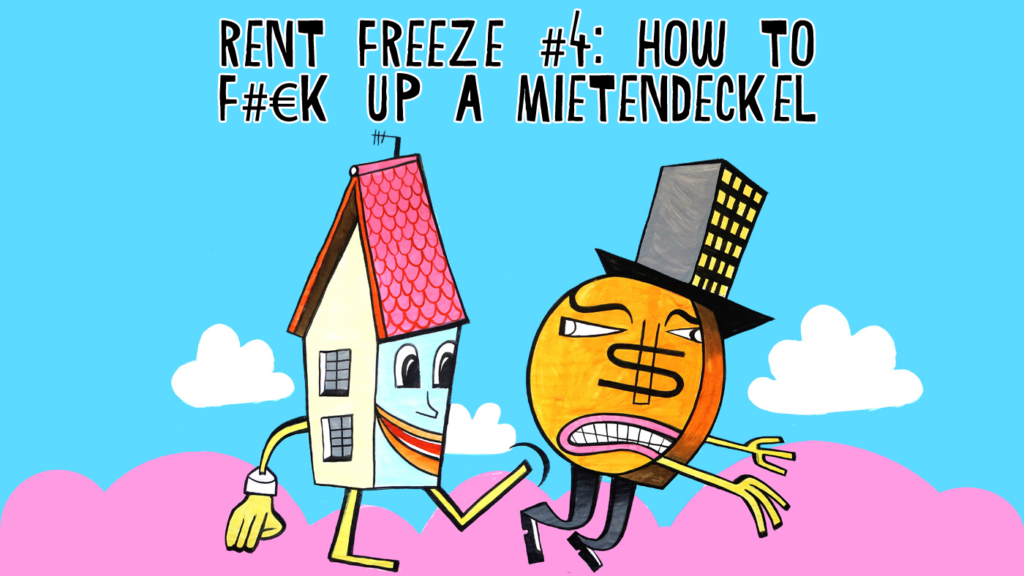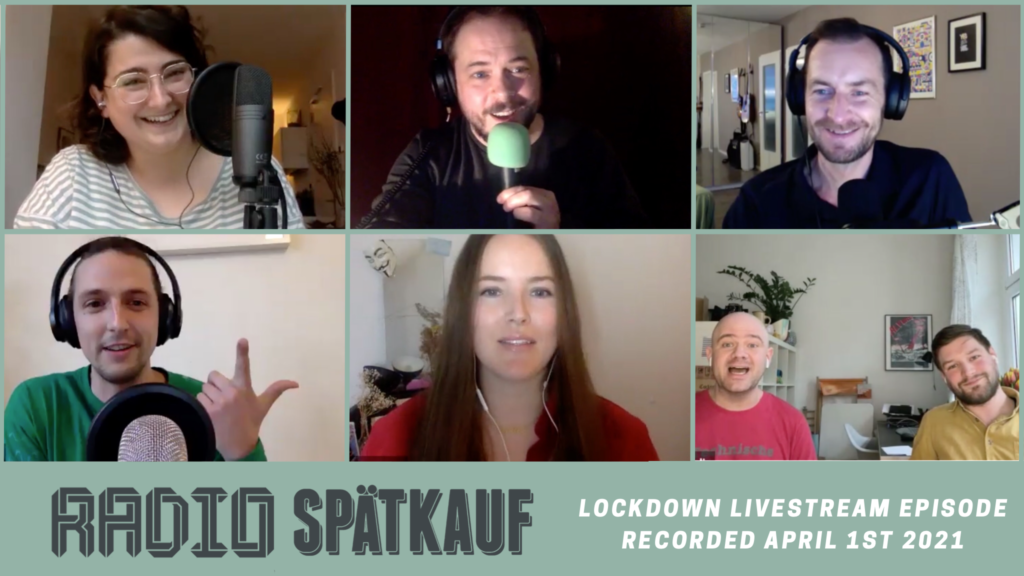
The Berlin Mietendeckel experiment is finished. The city’s revolutionary attempt to freeze rental prices for five years, and reduce overpriced leases, has been killed off by Germany’s highest court.
The decision has unleashed a political storm. Everyone is angry – but who will voters punish? The R2G parties who tried to regulate rents? Or their opponents, the CDU and FDP who successfully derailed the project? We make the case for why each side is to blame.
There’s a big bill to pay, as hundreds of thousands of Berliners now face back-payments, higher rents and permanent shadow contracts. We’ll run the numbers on the potential local economic crisis that could follow.
What hope is there left for affordable housing? And what can the rest of the world learn from Berlin’s short-lived rental revolution? The experiment is over. Now it’s time to analyze the results
The Challengers
The CDU and FDP took the Mietendeckel law to the constitutional court, where it was struck down. They perpetuated a false narrative – “build, don’t cap” – which claimed, incorrectly, that the Mietendeckel prevented new development (constructions from 2014 were specifically excluded from the law). The CDU was responsible for weakening federal rental regulations in the first place, enabling prices to skyrocket.
And then there’s political donations – or as Joel calls it, legalized corruption. Almost 80% of the CDU’s publicly-declared donations come from the real estate sector.
Joel interviews Berlin FDP leader Sebastian Czaja and challenges him on his false claim that the Mietendeckel prevented building, and on the FDP’s donations from real estate companies. Czaja says his party takes donations from all parts of society.
The Supporters
Are the parties who created the Mietendeckel culpable of incompetence? The governing coalition of the SPD, Die Linke and Die Grünen – or R2G – took a huge political and financial gamble, and lost.
The R2G promised renters a revolution, but delivered a regression. Many tenants must now make large back payments for which they have not saved. They went against the advice of many legal experts who warned their law was unconstitutional.
We speak to two of the Mietendeckel’s creators. Kilian Wegner is a law professor and SPD member who co-authored a policy paper which laid the groundwork for the Mietendeckel. He says the R2G was right in taking a chance on an uncertain law, due to out-of-control property prices.
Another lawyer, Professor Franz Mayer, wrote an expert opinion which argued Berlin had the constitutional right to create the Mietendeckel. He says there was a chance of success, and believes the court should have helped tenants by negating backpayments.
The Big Bill
How much will the Mietendeckel fiasco cost? We interview real estate researcher Christoph Trautvetter. He estimates the backpayments will cost renters between €100 to €300 million. Ongoing rent increases will cost around €500 million annually – that’s half a billion euros flowing from tenants to landlords, money not going into the local economy.
Daniel Halmer from Conny.Legal, formerly Wenigermieter, says tenants may be able to reduce backpayments and shaddow rents by using the Mietpreisebremse – the existing rental regulation that limits rent increases to 10% of local prices.
Time to Sieze Property?
An even more radical concept is now gaining support – the referendum initiative known as Deutsche Wohnen & Co Enteignen, who want to seize properties from big corporate landlords.
We speak to Wouter Bernhardt from the movement’s podcast Von Menschen und Mieten. He says expropriation would be a permanent solution to rising rental prices.
The End of the Experiment?
The Mietendeckel experiment ran too short to answer many questions, and the data was disrupted by the parallel pandemic. But we did learn a few things. If you want a minor reform, demand a revolution. If you get your revolution, prepare for reprisal. Tenants globally now know rent control is no longer excluded from the political discourse.
Rent Freeze is produced and presented by Joel Dullroy, Maisie Hitchcock, Jöran Mandik and Daniel Stern. Artwork by Jim Avignon. Music by Tom Evans and Ducks!



